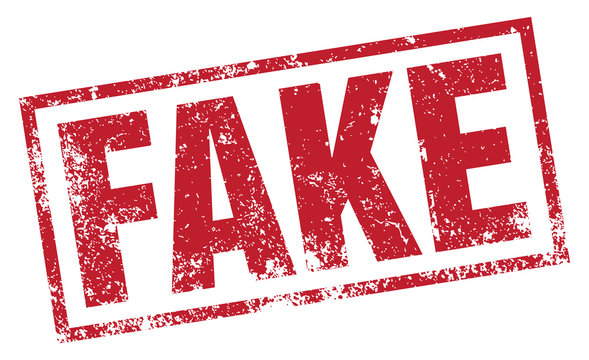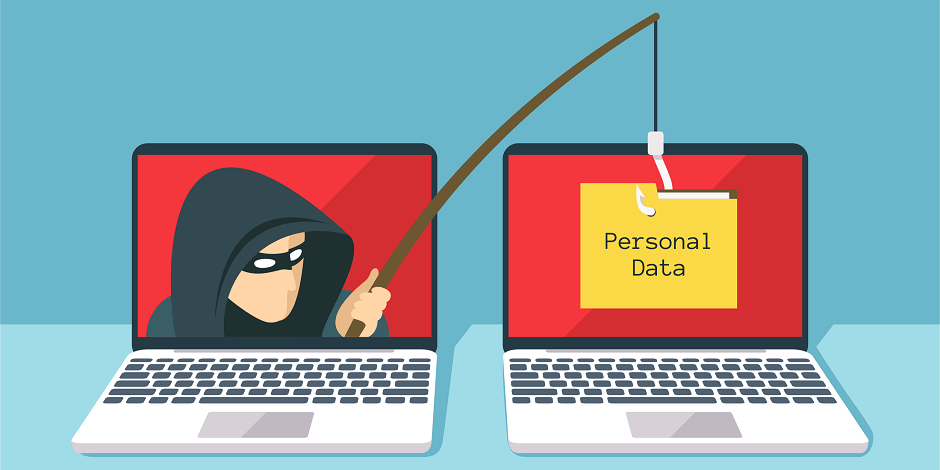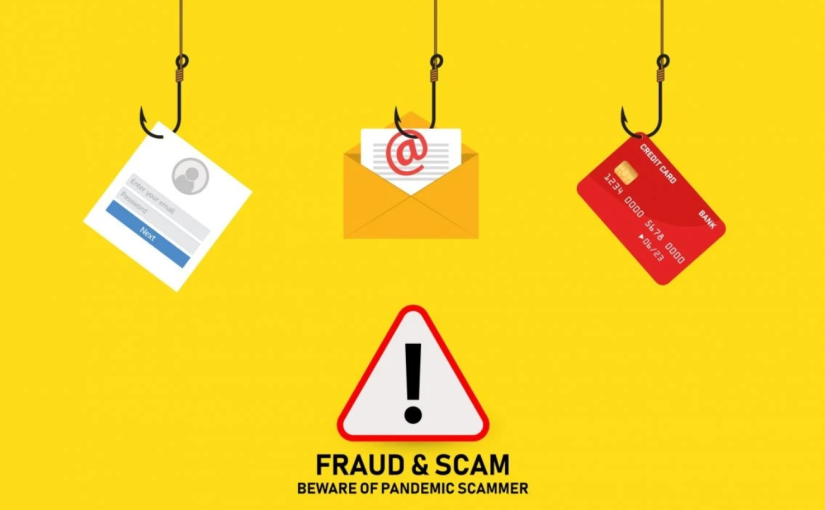How To Spot And Avoid Freebie Scams Online
Were you ever enticed by attractive online offers promising freebies, only to discover it was a scam? It’s an all too common occurrence in this age of digital deception. Scammers often use promotion tactics like “free gifts” or “instant win” to obtain personal information from unsuspecting internet users.
This blog post is here to help; we will uncover the shady workings of these deceptive practices and provide useful tips to spot and avoid falling prey to them. Read on: knowledge is power in beating scammers at their own game!
Key Takeaways
- Freebie scams are online tricks scammers use to get your personal information or money by promising free products or services.
- Be cautious of offers that seem too good to be true, as they are often scams.
- Protect yourself by doing research, being careful with personal information, using reputable websites, and recognizing the signs of a scam.
- If you have fallen victim to a scam, immediately protect yourself and report it to the authorities.
What Are Freebie Scams and How Do They Work?
Freebie scams are deceptive tactics scammers use to trick people into giving away their personal information or money in exchange for promised free products or services. These scams can take various forms, including fake freebies, phishing scams, and fake websites.
In the case of fake freebies, scammers may offer enticing giveaways or deals that require individuals to provide personal information, such as their email address or credit card details.
Phishing scams involve sending fraudulent emails or messages that appear to be from legitimate companies, aiming to obtain sensitive data. Fake websites imitate well-known brands and entice users with free offers while collecting personal data or distributing malware.
It is crucial to stay cautious and informed to avoid falling victim to these types of online scams.
Fake freebies

Fake freebies are tricks used by scammers online. They promise you things at no cost to get your attention. What they want is not to give but to take from you. A scammer might show a nice photo of a toy or device, saying it’s free.
All they ask for is your info, like your name and email address. But once they get hold of these details, trouble starts. Your inbox may fill up with spam emails, or worse still, you may fall victim to identity theft! Always be on guard when something looks too good to be true because it often is not real or safe.
Phishing scams
Phishing scams try to trick you. Scammers send emails or texts that seem real. They can look like they come from your bank, a shop, or other places you trust. But be careful! These messages often ask for your social security number or credit card details.
You should not give any personal information when asked in an email or text message. Phishing is a type of online scam to steal this kind of data. It needs to be corrected and can harm you by taking your money without asking first.
Always be alert and avoid clicking on links from unknown names.
Fake websites
Scammers build fake websites. These sites look true, but they are not. They borrow the looks of real sites, like those for free gift cards or coupons. The goal is to trick you. You believe it’s a site where you can get free stuff or win prizes.
But these scam people out of money and steal personal data like credit card information or social security numbers.
Tips for Avoiding Freebie Scams

To avoid falling victim to freebie scams online, there are several important tips to remember. First, always do your research before providing any personal information or signing up for a freebie.
Look for reviews or comments from other users who have tried the offer and verify the legitimacy of the website or company offering the freebie.
Next, be cautious about sharing personal information. Scammers may ask for your email address, phone number, or even credit card details under the guise of claiming your free gift. Only provide this information if you are certain of the offer’s credibility.
It’s also crucial to use reputable websites when searching for and claiming freebies. Stick to well-known brands or trusted sources whenever possible. Be wary of unknown websites set up specifically for scamming individuals.
Another red flag is offers that seem too good to be true. While believing that you’ve stumbled upon an amazing deal is tempting, it’s important to exercise caution and skepticism.
Remember that sc.
Do your research
Research is important when it comes to spotting and avoiding freebie scams online. Before you request any freebies, take the time to research the website or organization offering them.
Look for reviews or feedback from other users to see if they had a positive experience. Be cautious of websites that ask for too much personal information or credit card details to receive a free product.
Use reputable websites and platforms with a good track record of providing legitimate offers. By doing your research, you can protect yourself from fake freebie scams and ensure that you get genuine opportunities to save money.
Be cautious with personal information

Protecting your personal information is crucial when trying to avoid freebie scams online. Scammers often try to trick you into revealing sensitive details like your address, phone number, or credit card information.
Remember, reputable websites and companies will never ask for this information in exchange for freebies. If a stranger or suspicious website asks for personal data, be skeptical and steer clear.
Your privacy is important, so take the necessary steps to safeguard your personal information from cybercriminals who want to deceive you.
Use reputable websites
It’s important to use reputable websites to protect yourself from freebie scams. These sites have a good reputation and are known for providing legitimate offers. When looking for freebies or samples online, use well-known websites that other users have reviewed positively.
Avoid clicking on random links or visiting unfamiliar websites, as they could be fraudulent and lead to a scam. Sticking to reputable websites can greatly reduce the risk of falling victim to freebie scams and ensure that the offers you come across are genuine.
Beware of too-good-to-be-true offers
Scammers love to dangle tempting offers that sound too good to pass up. Especially when it comes to freebies, be cautious if something seems too good to be true. Often, these offers are designed to trick you into giving away personal information or paying hidden fees.
Remember, scammers are skilled at creating enticing offers that prey on our desire for something for nothing. So always stay alert and skeptical before falling into the trap of a fraudulent offer.
How to Recognize and Report Freebie Scams

Recognizing and reporting freebie scams is crucial in protecting yourself from online fraud. By learning to identify suspicious offers and knowing what steps to take if you have already fallen victim to a scam, you can minimize the risk of becoming a target for cybercriminals.
It’s important to stay alert and educated about the tactics scammers use so that you can keep your personal information safe while still enjoying legitimate freebies online.
Identifying suspicious offers
To avoid falling for freebie scams online, it’s important to be able to identify suspicious offers. Here are some signs that an offer might be a scam:
- Unrealistic promises: It is if the offer seems too good to be true. Scammers often use enticing offers of free gifts or huge discounts to lure people in.
- Poor grammar and spelling: Many scam emails and websites contain typos or grammatical errors. Legitimate companies typically have professional-looking communications.
- Requests for personal information: Be wary of any requests for personal information like your Social Security number or credit card details. Legitimate freebie offers usually don’t require this kind of sensitive data.
- Unsecured websites: Before entering any personal information on a website, check if it has a secure connection indicated by “https://” and a lock icon in the address bar.
- Unsolicited communications: If you receive an email or text message out of the blue claiming you’ve won a prize or offering a free gift, be skeptical. Legitimate companies generally don’t contact individuals in this manner.
What to do if you have responded to a scam

If you have responded to a scam, it’s important to take immediate action to protect yourself and prevent further harm. Here are the steps you should follow:
- Stop all communication: Avoid contact with the scammer and do not respond to further messages or requests.
- Secure your accounts: Change passwords for all your online accounts, especially if you provide personal or financial information. Enable two-factor authentication for added security.
- Monitor your accounts: Regularly check your bank statements, credit card bills, and other accounts for unauthorized transactions. Report any suspicious activity immediately to your bank or credit card company.
- Contact the authorities: Report the scam to your local law enforcement agency and file a complaint with the Federal Trade Commission (FTC) at reportfraud.ftc.gov. Provide them with all relevant details about the scam and any evidence you may have.
- Protect your identity: Consider placing a fraud alert or freezing your credit reports to prevent scammers from opening new accounts in your name.
- Educate yourself: Learn from this experience and educate yourself about common scams and how to spot them in the future. Share your story with others to raise awareness.
How to report a scam
If you encounter a scam, it’s important to report it so that others can be protected and the scammers can be stopped. Here’s what you need to do:
- Gather evidence: Collect any information related to the scam, such as emails, receipts, or phone numbers. This evidence will be helpful when reporting the scam.
- Use USA.gov’s scam reporting tool: Visit the website and follow the instructions to report the scam associated with freebies. Provide as much detail as possible about what happened.
- Be prompt: Report the scam immediately to prevent further damage and assist in investigations.
FAQs

Q: What are the common signs of freebie scams online?
A: Common signs of freebie scams online may include offers that seem too good to be true, requests for payment for shipping or handling of free items, or requests for personal or financial information.
Q: How can I recognize and avoid freebie scams?
A: You can recognize and avoid freebie scams by being cautious of offers that promise extravagant rewards for minimal effort and by carefully reviewing the terms and conditions of any free sample or trial offer.
Q: What should I do if I come across a freebie scam?
A: If you come across a freebie scam, report it to the Federal Trade Commission’s (FTC) scam database and avoid providing any personal or financial information to the scammer.
Q: Are there any red flags to look out for when offered freebies or free samples?
A: Yes, red flags to look out for when offered freebies or free samples include requests for shipping payment, demands for sensitive personal information, or offers that seem too good to be true.
Q: What should I do if I have fallen victim to a freebie scam?
A: If you have fallen victim to a freebie scam, you should immediately report it to the FTC and your local authorities and take steps to safeguard your personal and financial information.
Q: How do tech support scams relate to freebie scams?
A: Tech support and freebie scams are often associated with online fraud and phishing attempts, as scammers may use various tactics to lure individuals into providing personal or financial information through fake offers or communication.
Q: What are some common tactics scammers use to lure individuals with freebies or free sample offers?
A: Some common tactics scammers use to lure individuals with freebies or free sample offers include creating fake social media profiles, sending phishing emails with freebie offers, or establishing fraudulent websites to collect personal information.
Q: How can I protect myself from falling victim to freebie scams during Black Friday or other major retail events?
A: You can protect yourself from falling victim to freebie scams during Black Friday or other major retail events by verifying the authenticity of offers, avoiding clicking on unknown links, and being cautious of offers that appear too good to be true.
Q: What should I do if I suspect a company is offering freebies as part of a scam?
A: If you suspect a company is offering freebies as part of a scam, you should refrain from providing personal information or making any payments and report your suspicions to the appropriate authorities or consumer protection agencies.
Q: Is it safe to click on links or provide personal information to receive freebies or free sample offers?
A: No, it is not safe to click on links or provide personal information to receive freebies or free sample offers, as doing so may expose you to potential scams, identity theft, or fraudulent activities.

